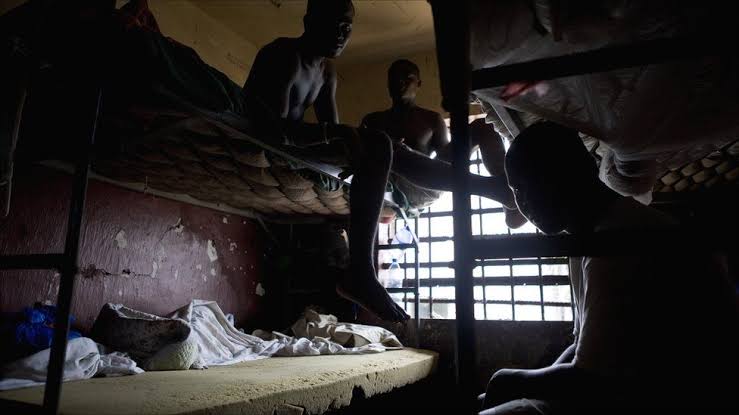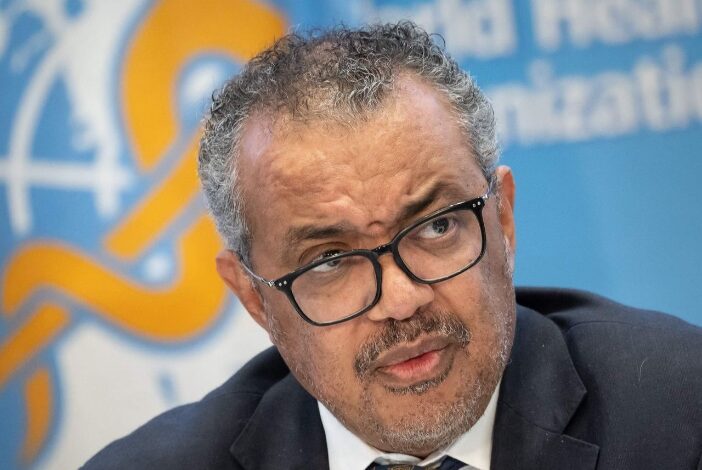
Faith Nyasuguta
Liberia’s largest prison, the Monrovia Central Prison, has started turning away new inmates following overpopulation and fears of disease outbreak, according to the justice ministry and prison officials have said.
Justice Minister Frank Musa Dean said that those being denied admission at the facility were inmates accused of minor offences.
“Where no damage was done or nobody was wounded, people arrested on minor charges are to instead be returned to communities and kept under the watch of community leaders,” Mr Dean said.
The response follows local media reports that prison guards were refusing to admit new inmates as part of an ongoing strike over a delay of salaries. Prison officials have denied the claim.
The mega prison was built to hold around 300 inmates when the population of Monrovia was about 300,000. It now accommodates over 1,600 inmates in a city of about 1.5 million people.
Inmates at the facility include convicted murderers and armed robbers.
“Of course when there is an increase in population, correspondingly there’s an increase in crime rate,” Mr Dean said. “And there’s a challenge.”

Engineers from the ministry of public works are working on a blueprint to construct additional wings of the prison that will take up to 1,000 inmates, according to the justice minister.
Appalling Conditions
In March, it was reported that food shortages are also an issue at the prisons. But they were far from the only issue.
“We are suffering,” says Duo*, a 35-year-old inmate of the Monrovia prison. Prisoners don’t have running water, he says, and get no skills training. The cells hold far more prisoners than they were designed to. “People sleep on the floor. Some tie rice bags high up on the walls and sleep in them. Sometimes they fall and get injured.”
Last year, the director of prisons, Reverend Sainleseh Kwaidah, said that only six out of 16 prisons had any clinical facilities or a clinician on duty each day. In the other 10 prisons, medical staff were only available on a rotational arranged schedule.
But, Duo says, it is the food situation that is truly dire. “We eat only once a day and it is just a small plate of rice. The soup is usually bad so we have to buy some from outside. If you’re lucky to have people on the outside, they will bring food for you.”

In January, Duo and many others weren’t able to eat at all for two days. It might have been longer but for the intervention of a local businessman, Upjit Singh Sachdeva, who donated food to the prison.




